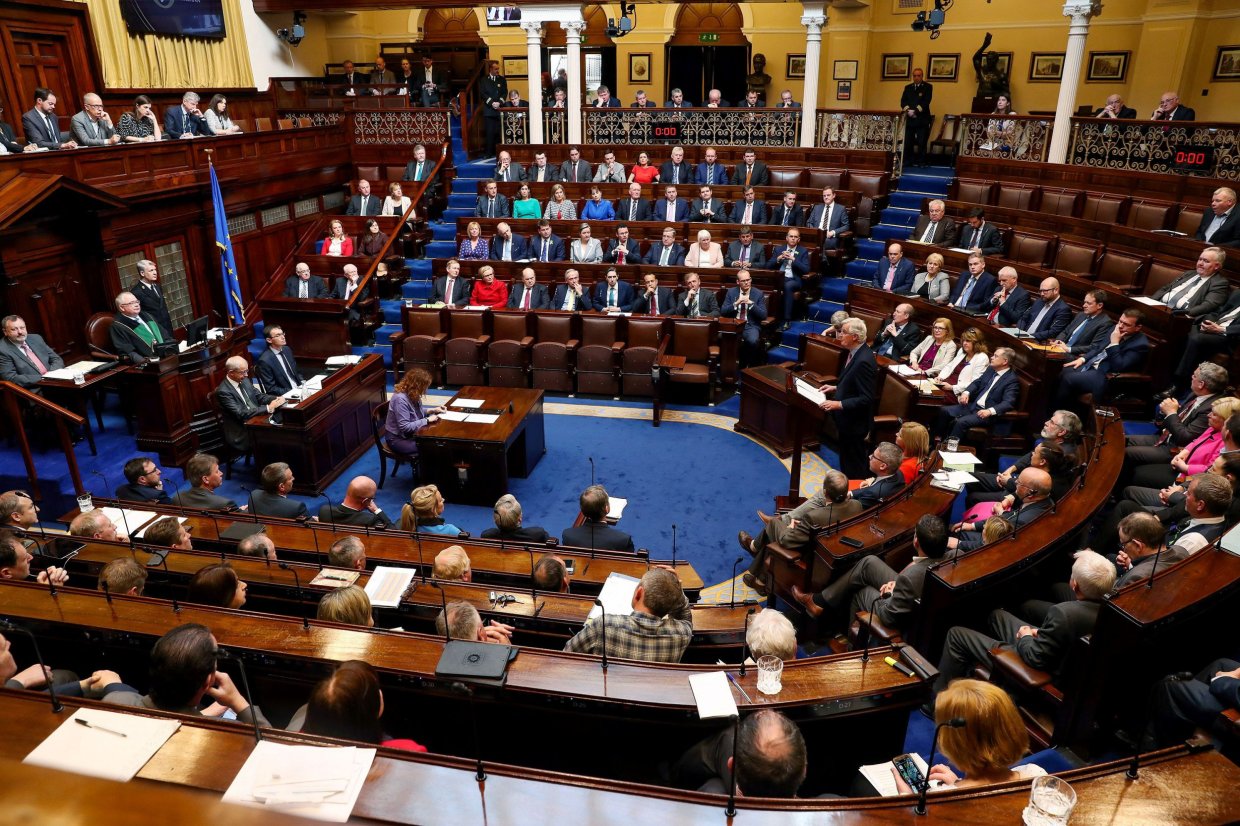Ireland ranks among the most centralised countries within the OECD. This is evident in the Irish fiscal authority, with only 3% of total governmental revenue collected at the local level, as compared to the EU average of 18%. Similarly, the total spending allocated locally is only 10% as compared to the EU’s 25% average.
In this context, in 2022 the Dublin Citizen’s assembly voted to create an elected Mayor’s office with new powers and responsibilities, including tax raising powers. Many commentators provisionally expressed support for the reform, provided that it included the appropriate decentralised fiscal powers. The Assembly particularly highlighted that ‘finance follows function’ for local government.
Internationally, it has been observed that fiscal decentralisation occurs more in local spending and less in local revenue, thereby requiring intergovernmental grants to fill in the gaps. On one side, there are practical and theoretical reasons why grant-based relationships are necessary. For example, large revenue taxes like income, corporation, and VAT, are more efficiently collected centrally. On the other side, while these grants are necessary, they tend to distort both funder and funded incentives.
Furthermore, currently about a third of Dublin’s local government revenue comes from central grants. The remaining revenue is raised by mandated centralised property taxes which are redistributed nationally. Councillors argue that this redistribution is unfair on Dubliners. In 2023, following the property tax reform and reductions in central grant funding, Dublin Councils also complained of poor transparency, with the City Council Financial Executive stating that it was “impossible to understand how baseline grant funding was calculated”. While the current system evidently suffers from these distortionary issues, the Mayoral reform offers three policy opportunities to reset.
Standardise the local government system for regional equalisation.
Given Ireland’s regional disparities, redistribution is not only needed, but welcome. While Dublin Councillors criticised the equalisation system due to unfairness, the more legitimate criticism lies in the system’s lack of transparency and predictability. Addressing these concerns, researchers at the National University of Ireland, Galway (NUIG) have formulated an equalisation model based on fiscal capacity that aims to remove perverse incentives for local authorities. While this model, like any form of redistribution still creates winners and losers, its distinguishing feature lies in its commitment to improving institutional transparency and predictability and hence proves as a good prerequisite for the Mayor reform.
Agree transparent contracts around grant allocation from the Dáil to Dublin.
Beyond the redistribution issues, Dáil to Dublin grant allocation still suffers from poor transparency, with the Central government dictating terms. In the mayoral reform, local tax powers would give Councils new opportunities to raise finance, easing Dublin’s dependence on Dáil grants. This would give Dublin relatively more power than before. Therefore, it is important, that the new Dáil -Dublin relationship is managed openly, through agreed contracts around grant allocation.
Maximise funding outside of the intergovernmental relationship, particularly international finance.
Beyond budget governance the mayor will also actively work to expand growth. In response to the challenges posed by climate change, many Mayors have collaborated with international institutions such as OECD Champion Mayors, C40 Cities and CIVITAS. For example, in 2009, when local budgets were squeezed in Ireland and globally, Deputy Paris Mayor Hidalgo delivered a €500m transport deal with the European Investment Bank (EIB). Through these partnerships, municipal leaders have catalysed international finance and cooperation, and the Dublin Mayor can do the same.
Conclusion
While Ireland is generally admired for smart policies; from favourable growth to diplomatic peace building, multiple challenges persist at the local government level, impacting public services. The Dublin mayoral reform has potential to change not only the local government in Ireland’s capital, but also, facilitate national decentralisation across the country.


